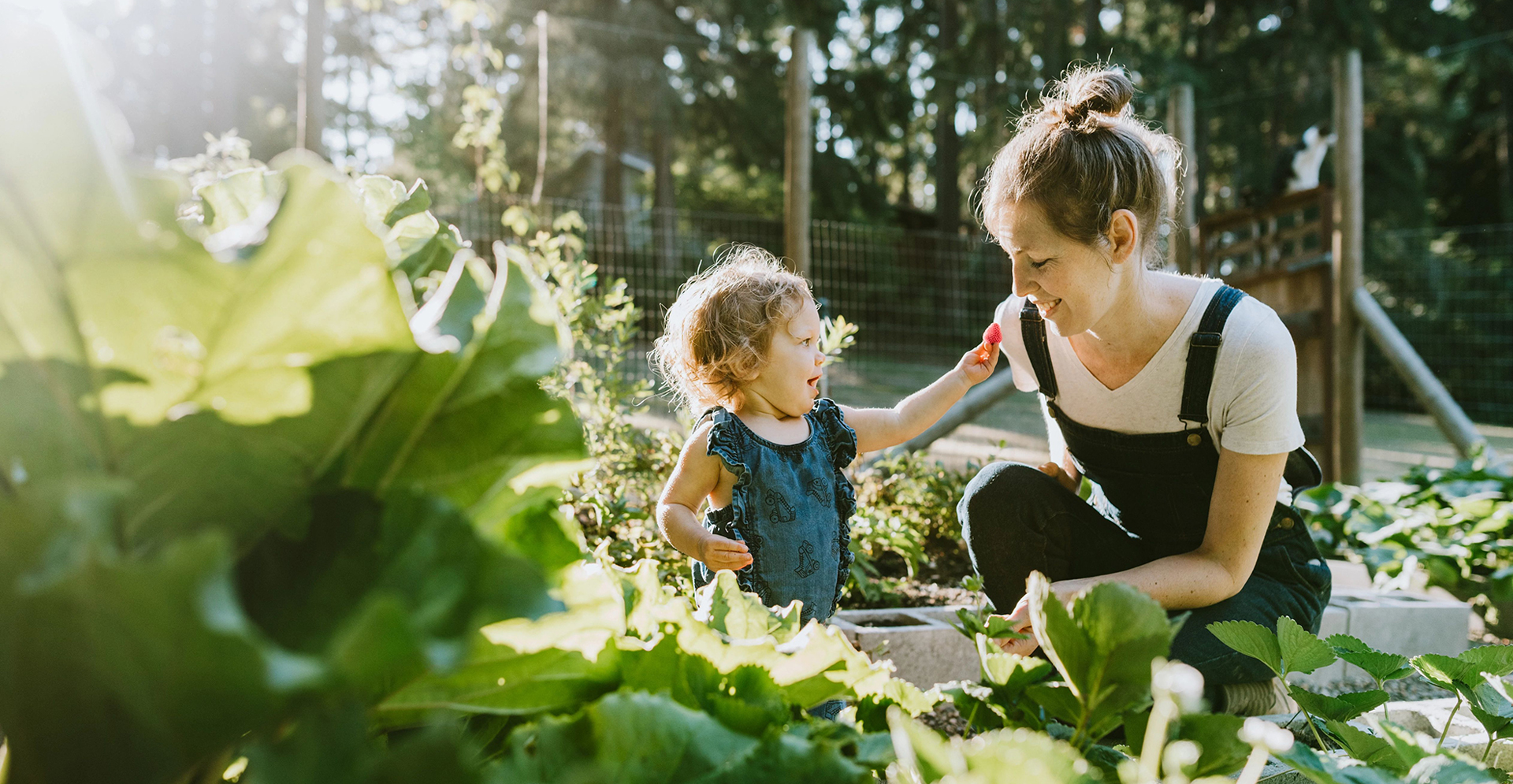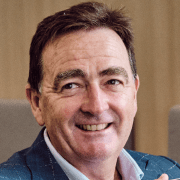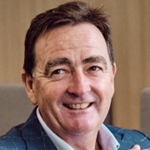I’ve always had an interest in sustainability, but with the birth of our first child 29 years ago, that interest became a personal quest.
He was born quite ill in Coffs Harbor and was intolerant to many modern foods and chemicals from the start. My partner and I suspected that aerial banana spraying and other environmental issues had a huge influence on his health. We crafted a special diet for him and built several homes that avoided synthetic chemicals wherever possible. On the back of these efforts, we began to see enormous improvement.
My passion for environmental sustainability only grew as I got older. About 20 years ago, I led a comprehensive study on the impacts of climate change for Queensland Transport and Main Roads. Many of our projections have since come to fruition – some for better, and sadly, more often for worse.
But some positives have come from my experiences in the sustainability space: I now have greater clarity than ever on how we might fight against such an enormous and often invisible problem, and I’ve found myself working for an organization that has the resources to make a real difference.
Taking action from the bottom and the top
There are things we can do as a global community to help bring the biocycle into better balance. Arcadis is heavily invested in this journey, so it’s the perfect place for me. I took the job at Arcadis because I saw their credentials: how they recognized what was happening around the world, and how they were helping a number of Northern European countries to fight it without a massive impact on the economy or people’s lives that is so often used as an excuse for avoiding action.
It’s becoming painfully clear that we can’t simply wait for governments to act. The whole world needs to act on this, and this action may have to start at the bottom. There are many reasons that a country may be tempted to put off sustainability and climate action, or ignore the problem altogether, so it’s vital that the public show how much the issue – and their own future – means to them.
We’ve seen the devastation that extreme weather events are causing around the world. We’ve often come in and helped with the clean-up, and we’ve also helped to design new resilient infrastructure to ameliorate the impacts. But at the end of the day, prevention is better than cure. We need to start doing things that reduce the carbon footprint, rather than taking action when it’s too late.
At Arcadis we enjoy both a local and a global view of the situation. And because we have influence, we also need to step up and play our part. Our membership and active participation in the World Business Council for Sustainable Development (WBCSD) is a good example.
Should other companies follow our lead?
At Arcadis we find ourselves in a rather unique and opportune spot to approach sustainability: we have the knowledge, the will and the resources to make it work. I recognize it may be difficult for other organizations to follow the same path just yet, because in reality it’s a really difficult path.
But I would say this: do whatever you can to become more sustainable, and be open to learning about the issue and developing your efforts. Give sustainable options to clients and consumers. Spend time helping them to understand the importance of choosing sustainability. Make them aware of what’s going on around the world.
While my sustainability journey began in earnest 29 years ago, as a global community we still find ourselves at the beginning. Where it ends is in our hands.



